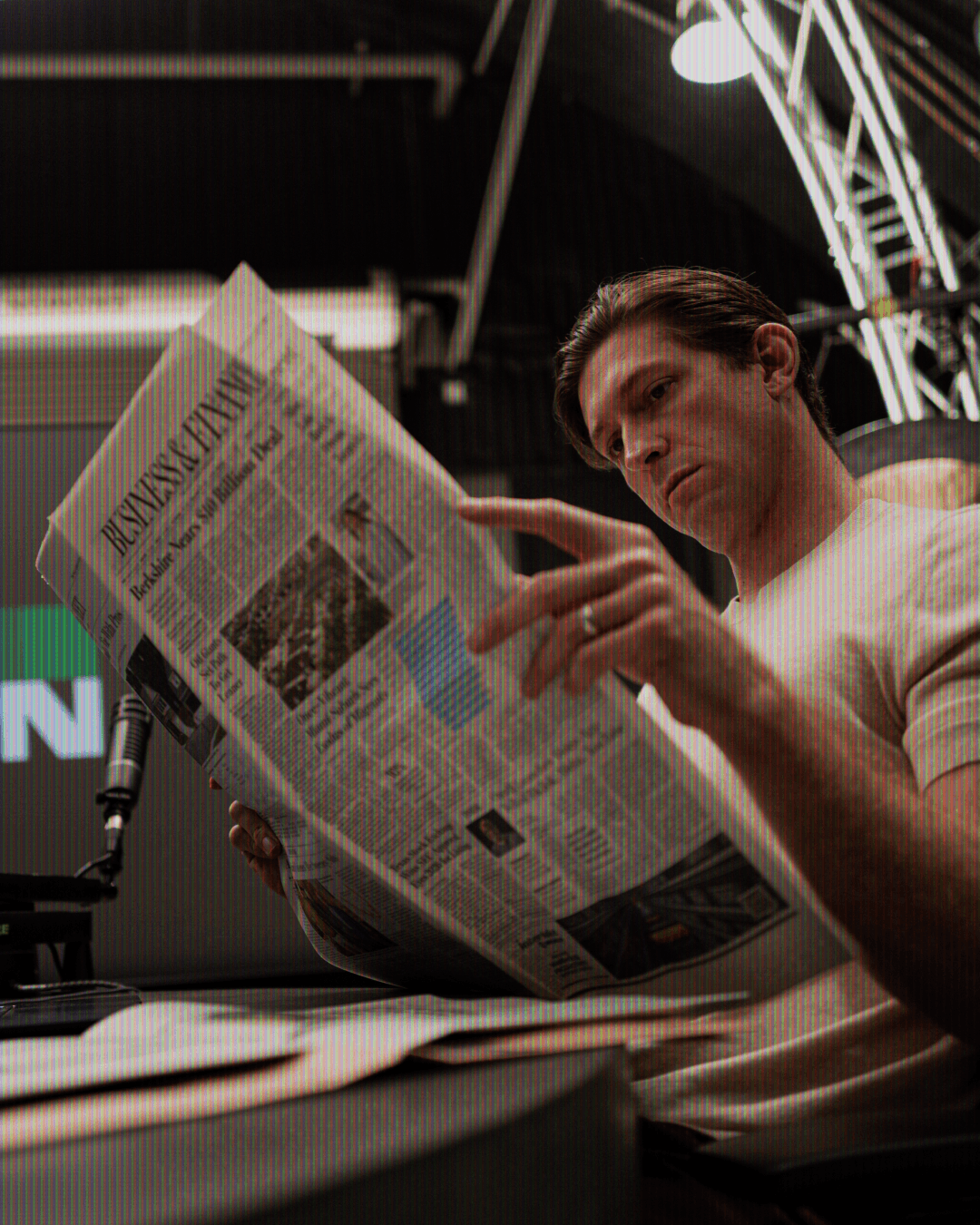tt
tt
tt
tt
tt
tt
Technology
•
Jun 28, 2024
Gmail at 20
Talking to Paul Buchheit as his biggest invention enters its third decade.

Sign in to keep reading
Sign up for free to see the rest of the article.
About the Author
Maxwell Meyer is the founder and Editor of Arena Magazine, and President of the Intergalactic Media Corporation of America. He graduated from Stanford University with a degree in geophysics. He can be found on X at: @mualphaxi.
ComponentTest









